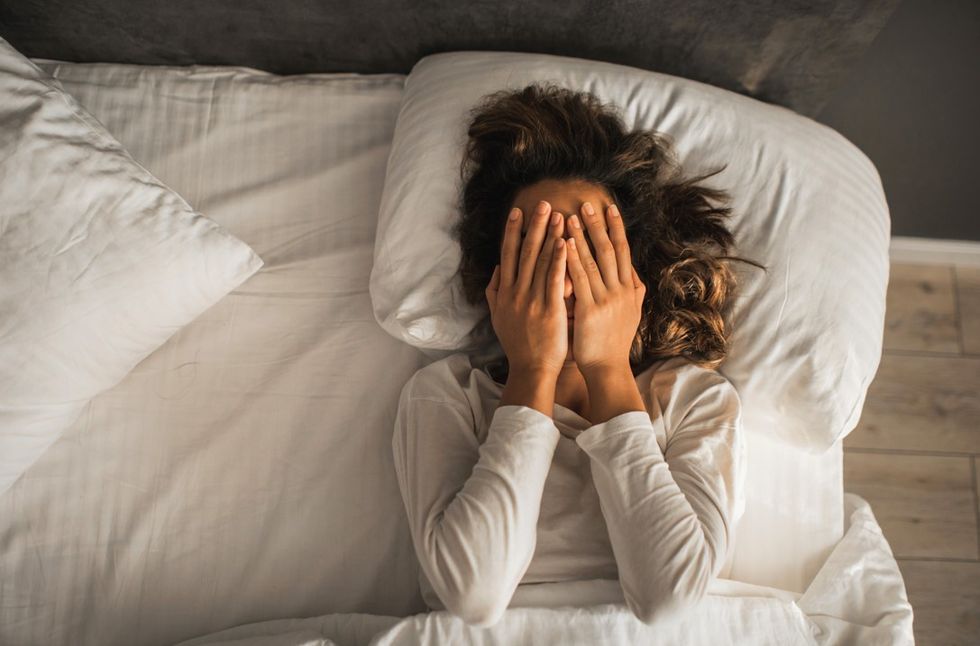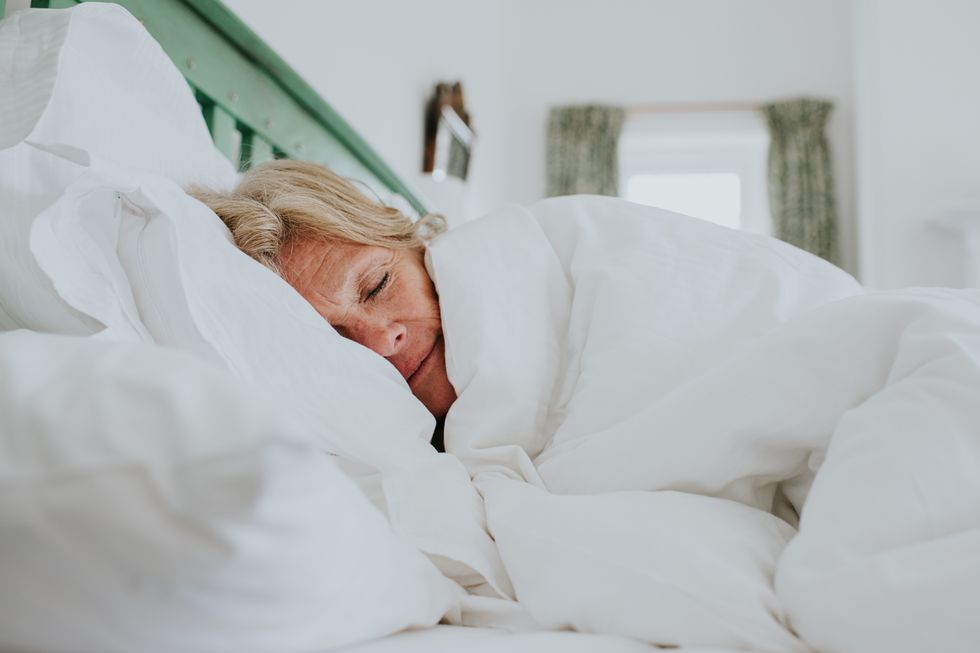Technique commonly used to encourage sleep could actually make you 'stay awake for longer than normal'

Counting sheep may do more harm than good when trying to fall asleep
Don't Miss
Most Read
Latest
Sleep can be elusive for many adults, but a number of tools can be used to help Britons drift off more easily.
While counting sheep is one of the best-known remedies, research shows this does not work as effectively as many may hope.
Myths like this have been believed for many years, but they could actually harm your quality of sleep.
This is according to experts at Bed Kingdom, who debunked the idea and cited a study which showed it can actually keep you awake for longer.

Many Britons struggle to get to sleep
| GETTYThe experts said: "If you’ve been struggling to fall asleep, then you may have heard someone suggest counting sheep.
"The idea that counting sheep can lull you to sleep has existed for generations and has become ingrained in pop culture references, particularly in children’s cartoons."
The idea is thought to have derived from medieval shepherds, who would count sheep as a way to encourage tiredness. Repeating the boring task is thought to quiet the mind and make it easier to drift off.
The experts continued: "However, research from Oxford University suggests that there may be little truth to the tale.
"The study aimed to investigate whether imagery could be used as a method to tackle insomnia.
"Participants were split into three groups: One group was asked to focus on a distraction such as counting sheep, the second group was asked to focus on tranquil imagery such as being on holiday, while the third received no instruction.
"The study found that the group who counted sheep stayed awake for longer than it would normally take them to drift off."
LATEST DEVELOPMENTS

In the study, it was those who imagined the tranquil scenarios who fell asleep an average of 20 minutes earlier than they would normally do
| GETTYDr. Alison Harvey, who conducted the Oxford University study, explained “counting sheep is just too mundane to effectively keep worries away".
In the study, it was those who imagined the tranquil scenarios who fell asleep an average of 20 minutes earlier than they would normally do.
Using imagery such as this could be a useful way to drift off more easily, but just steer clear of counting sheep for the best results.
Getting a good night's sleep starts with the decisions you make throughout the day. Experts suggested avoiding three types of foods as they can "reduce sleep quality and lead to a restless night".











